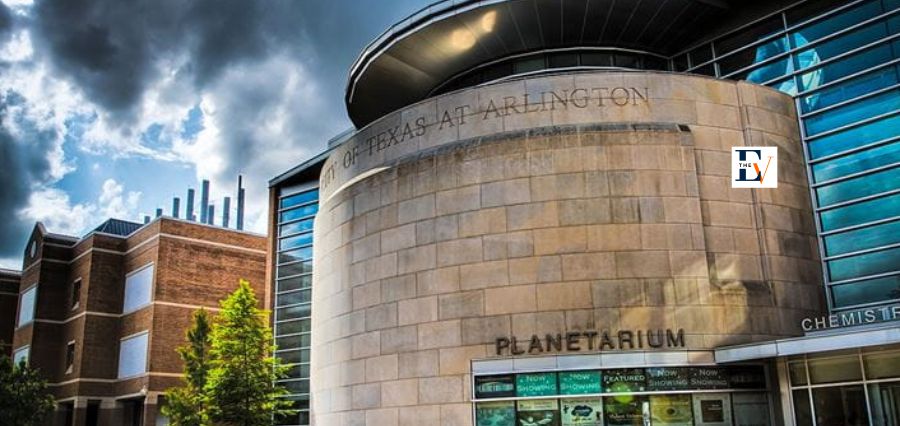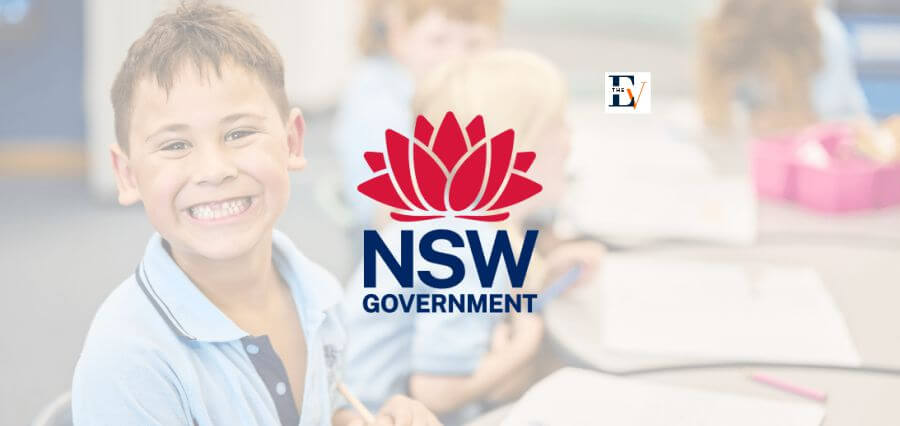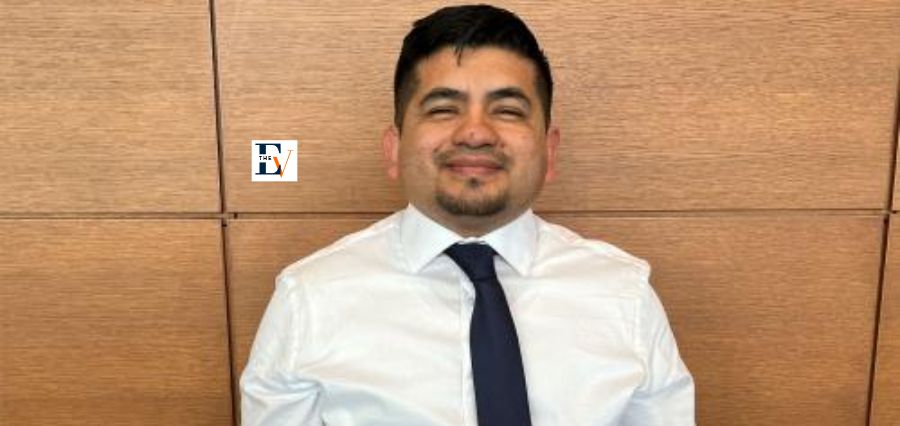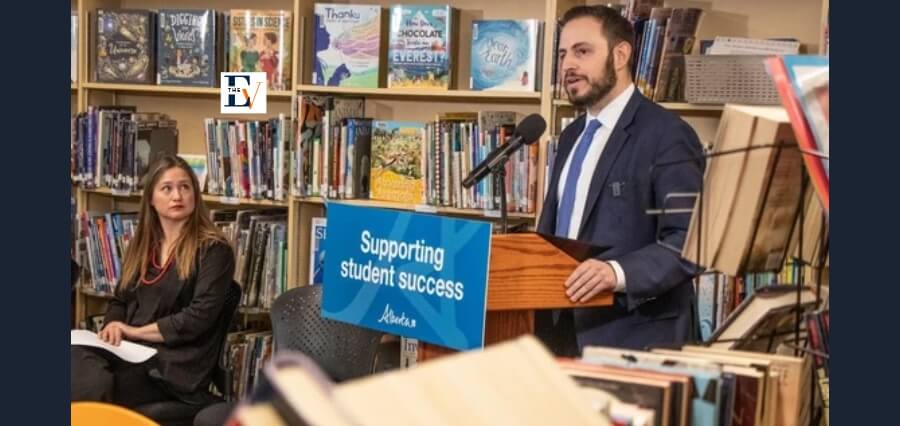Ahead of the total solar eclipse on April 8, UTA won a $50,000 National Science Foundation grant to promote eclipse-related education for K-12 students, as well as a two-and-a-half-day workshop that brought experts to Arlington to discuss and investigate the event.
The Metroplex will experience totality during the eclipse for the first time since 1878, as the moon’s shadow totally covers the sun, as reported by Shorthorn. Levent Gurdemir, planetarium director and co-principal investigator on the grant, stated that the planetarium currently has an outreach program for K-12 kids, but the grant will increase their efforts.
“Because there are some provided eclipse classes by NASA, the grant allows not only K-12 students to travel [to] the UTA planetarium, but also UTA experts are going to visit some K-12 students and deliver a presentation all at their school,” Gurdemir said.
Throughout March, the experts will make visits to elementary, middle, and high schools in the Metroplex. Faculty and graduate students will lead sessions that educate students about the eclipse.
“It is important to give the correct information to kids, because kids can grow up with right information and carry that information through their lives and transfer it to an even younger generation,” Gurdemir said.
According to a news statement from UTA, the program intends to reach 4,000 students, with each receiving eclipse viewing glasses. Yue Deng, professor of space physics and main researcher on the grant, stated in an email that the talks will cover the reason and significance of the eclipse, as well as where and how to safely observe it, how scientists will learn from it, and how people have seen eclipses in the past. From April 8 to 10, nearly 100 members of the International Astronomical Union will participate in a grant-funded workshop to undertake research on the total solar eclipse.
“They will set up scientific instruments and they will take scientific data during the total solar eclipse,” Gurdemir said. “In the meantime, they will do these workshops and some seminars and some presentations.”
Deng stated that two research areas for the workshop will include data collection on atmospheric changes during the eclipse and the solar corona, the sun’s outermost atmosphere layer that can only be seen with the naked eye during the eclipse.
According to her, ground observations will help scientists better comprehend the spatial and temporal fluctuations of the corona.






